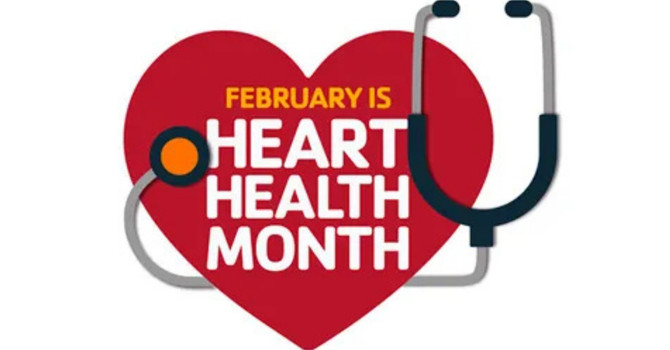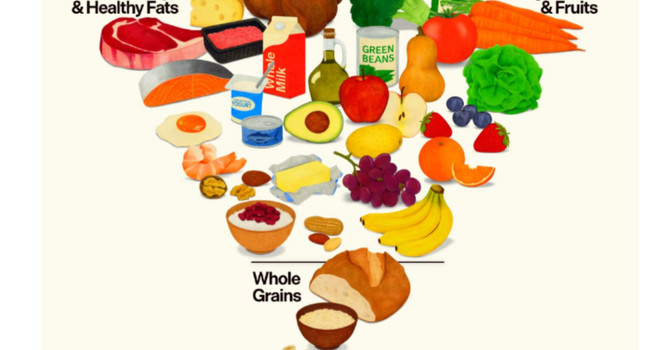
With the holiday season around the corner, let this serve as your official annual reminder to not freak out over changes on the scale during this time.
Theoretically, it takes roughly 3,500 calories to gain 1 pound of body weight. So 35,000 calories would = 10 pounds of weight gain. You are not going to eat this much.
The weight gain on the scale is water weight retention from the salt/sugar in holiday foods. In 2 weeks you’ll be back to your “normal” setpoint. Dont. freak. Out. This is self-sabotage and its not helpful.
Bottom line: enjoy time with your family and friends. Indulge in simple pleasures and holiday foods you don’t normally enjoy.
This is a short time of the year to celebrate good times. 2 weeks out of 52 weeks in a year. Enjoy it. Don’t beat yourself up.
But you should have a plan for the rest of the year. Goals and motivation to improve your health, beyond the 2 weeks when everyone goes a bit off the rails of normal diet and exercise habits.
If you don’t have a plan or need some tips to start planning for 2025, here’s some simple ideas to get started:
- Walk 10k steps/day. Increases metabolism. Helps with weight management, digestion, mood, emotional regulation, getting sunlight and vitamin D, and baseline physical exercise that everyone can perform.
- Get +7 hours of quality sleep/night. Poor sleep impacts everything. Hunger/satiety levels, emotional dysregulation, perception of pain, muscle growth/body repair processes, hormone levels, etc.
- Drink 100 oz of water/day. Your body is probably dehydrated. It would work better if it wasn’t. Be an adult and drink enough water to fuel your body appropriately.
- Strength train. This can be as simple as body weight exercises - 2x/day (mornings and afternoons) take a micro-break from work - if you work from home, we know it’s not all laser focus with those endless to-do lists ; ) do as many pushups (upper body strength and core) and squats or lunges (lower body strength) as you can. Physical activity improves mood, helps with digestion, emotional regulation, energy levels, and is sort of important for healthy aging.
- Manage stress. This can be as simple as 10-minute meditation/breathing exercise breaks. Lay on your belly. Focus on 4-8 second inhale, 4-8 second hold, 4-8 second exhale, 4-8 cycle hold, repeat. This brings you out of fight v. flight and into rest & digest. That’s good for you. You could also do yoga, martial arts, walking, getting outside in nature, or strength training - all help with stress management. Find what you like to do and do it.
- Eat real food. Diets can get complicated, so keep it simple. Eat your ideal body weight in grams of protein/day. Then the rest of your calories come from natural food sources. Ditch the processed stuff - it's bad for you, and you know it. It's hard to over-eat real, healthy food. It's not hard to over-eat processed foods. Once you master the basics, you can dive deeper into nutrition and hone your plan to meet your specific goals.



